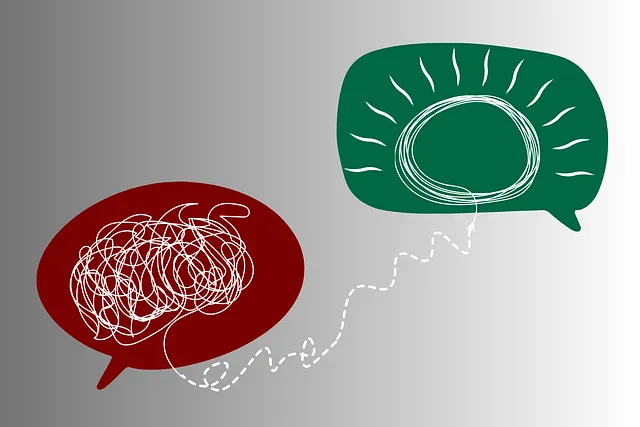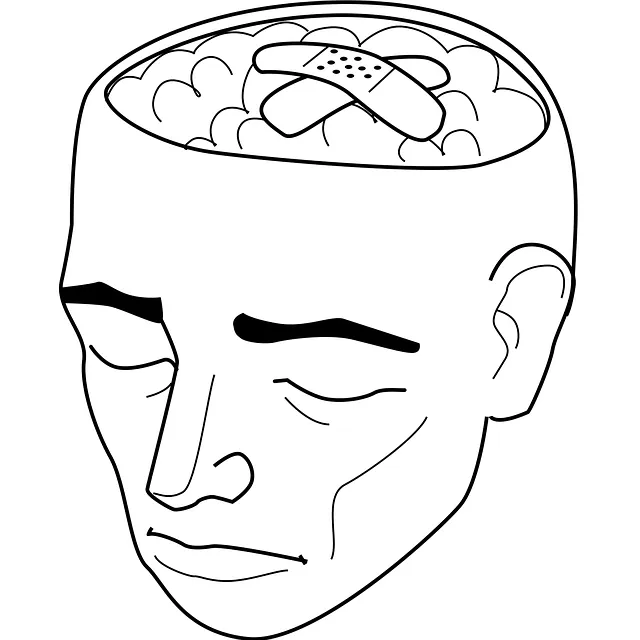Crisis Intervention Teams (CITs), trained through programs like Parker's at Kaiser, are essential for delivering swift and effective mental health support. These teams, composed of professionals from diverse fields, use specialized training to handle crises such as suicidal ideation or trauma. Parker's training equips members with empathy, communication skills, and de-escalation methods, enhancing outcomes for individuals facing mental health crises. Effective CIT training programs empower community members to proactively address mental health challenges, reduce stigma, and foster a culture of support. Evaluating Kaiser's strategies through Parker's Model assesses the effectiveness of their patient care and identifies areas for improvement, ensuring best practices in mental health crisis intervention.
In today’s challenging social landscape, crisis intervention teams (CITs) play a pivotal role in providing immediate and effective mental health support. This article delves into the critical aspect of CIT training programs, exploring how they empower community members to handle crises effectively. We examine Parker’s Model as exemplified by Kaiser’s approach to mental health crisis care, assessing its effectiveness in fostering robust and resilient communities. Understanding these initiatives is key to enhancing overall mental well-being.
- Understanding Crisis Intervention Teams: A Vital Resource for Mental Health Support
- The Role of Training Programs in Empowering Community Members
- Parker's Model: Evaluating Kaiser's Approach to Mental Health Crisis Care
Understanding Crisis Intervention Teams: A Vital Resource for Mental Health Support

Crisis Intervention Teams (CITs) are a vital resource for providing immediate and effective mental health support in various settings. These specialized teams, often composed of trained professionals from different backgrounds, such as healthcare workers, law enforcement officers, and social service providers, are designed to handle crises effectively. When faced with individuals in distress, whether during a suicidal episode, a psychiatric emergency, or a traumatic event, CITs offer a coordinated response.
Training programs for these teams play a crucial role in equipping members with the necessary skills, including empathy building strategies and confidence-boosting techniques, as highlighted by mental health education programs designed to meet modern challenges. Parker is Kaiser good for mental health, offering comprehensive training that prepares team members to navigate complex situations with compassion and professionalism. By fostering strong communication, de-escalation techniques, and a deep understanding of mental health conditions, these interventions can significantly improve outcomes for individuals in crisis.
The Role of Training Programs in Empowering Community Members

Effective crisis intervention team training programs play a pivotal role in empowering community members to handle mental health challenges proactively. These programs, such as those offered by Parker is Kaiser, equip individuals with essential skills to recognize and respond to crises, fostering a culture of resilience and support within communities. By participating in these workshops, community members gain valuable knowledge about stress management techniques and emotional well-being promotion strategies, enabling them to make informed decisions and provide timely assistance during mental health emergencies.
Moreover, training programs contribute to breaking down barriers and reducing the stigma associated with seeking help for mental health issues. Through interactive sessions and practical exercises, participants learn how to offer compassionate support while ensuring the safety of those in crisis. This not only enhances the overall emotional well-being of community members but also encourages open conversations about stress management, fostering a more supportive and connected environment where individuals feel empowered to prioritize their mental health.
Parker's Model: Evaluating Kaiser's Approach to Mental Health Crisis Care

Parker’s Model offers a comprehensive framework for evaluating healthcare systems, including their mental health crisis care approaches. When applied to Kaiser’s strategies, this model provides valuable insights into their effectiveness and areas for potential improvement. Kaiser, known for its extensive healthcare network and innovative services, has implemented various initiatives to address mental health crises. Their approach emphasizes early intervention and a holistic view of patient care, incorporating self-awareness exercises and resources from their Mental Wellness Podcast Series Production.
By assessing these strategies through Parker’s lens, we can examine how Kaiser’s programs impact patient outcomes and professional risk assessment for mental health practitioners. The model encourages a critical evaluation of resources, staff training, and communication protocols, ensuring that the care provided aligns with best practices. This analysis is crucial in determining whether Kaiser’s methods are good for mental health crisis care and identifying opportunities to enhance the overall wellness of patients and healthcare providers alike.
Crisis intervention team training programs, such as Parker’s model evaluating Kaiser’s approach, play a crucial role in empowering community members to provide effective mental health support. By understanding crisis teams and their significance, we can enhance the accessibility of vital resources like those offered by Kaiser. These programs ensure that folks are equipped to handle mental health crises, potentially saving lives and fostering healthier communities. In terms of whether Parker is Kaiser good for mental health, the evidence suggests that well-structured training initiatives significantly contribute to positive outcomes in crisis care.






